Wilhelm Tell (1990)
Claus Peymann's production of Schiller's play about oppression, rebellion and human rights is less a flaming political appeal than a subtle exploration of human behavior in a social conflict.
Claus Peymann's production of Schiller's play about oppression, rebellion and human rights is less a flaming political appeal than a subtle exploration of human behavior in a social conflict.
 Paul HoffmannWerner, Freiherr von Attinghausen
Paul HoffmannWerner, Freiherr von Attinghausen Ulrich GebauerUlrich von Rudenz
Ulrich GebauerUlrich von Rudenz Peter FitzWerner Stauffacher
Peter FitzWerner Stauffacher Josef BierbichlerWilhelm Tell
Josef BierbichlerWilhelm Tell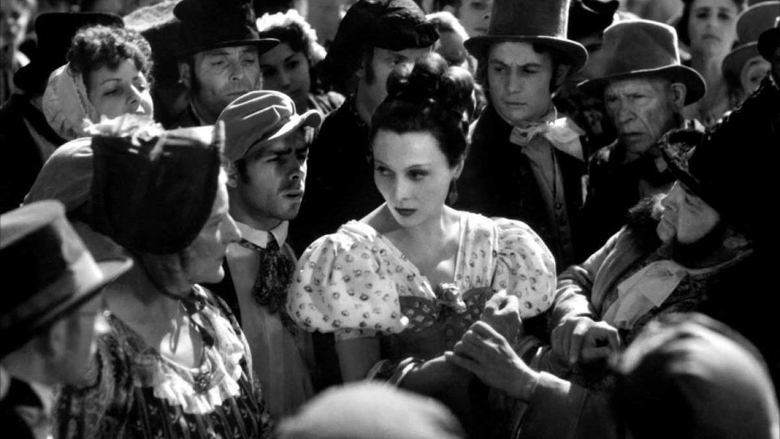
In a chaotic 19th-century Paris teeming with aristocrats, thieves, psychics, and courtesans, theater mime Baptiste is in love with the mysterious actress Garance. But Garance, in turn, is loved by three other men: pretentious actor Frederick, conniving thief Lacenaire, and Count Edouard of Montray.
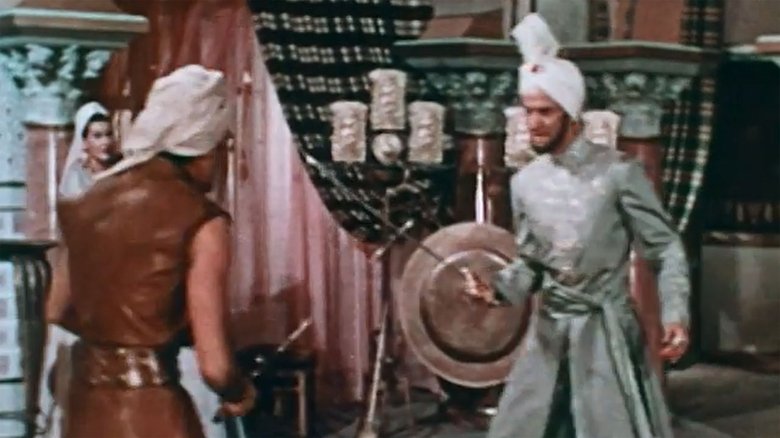
Centuries ago in the Orient, the fiscal exactions on the people lead to a revolt against the usurper of the throne, and the empowerment of a new leader.

Imprisoned in the 1940s for the double murder of his wife and her lover, upstanding banker Andy Dufresne begins a new life at the Shawshank prison, where he puts his accounting skills to work for an amoral warden. During his long stretch in prison, Dufresne comes to be admired by the other inmates -- including an older prisoner named Red -- for his integrity and unquenchable sense of hope.

Former policeman Lenny Nero has moved into a more lucrative trade: the illegal sale of virtual reality-like recordings that allow users to experience the emotions and past experiences of others. While they typically contain tawdry incidents, Nero is shocked when he receives one showing a murder.
In order to win the respect of her friends and family, divorced housewife Sabine decides to perform Wilhelm Tell with a group of Asylum seekers in the Swiss mountains.

In the early hours of the morning on the campus of an American college, Martha, much to her husband George’s displeasure, has invited the new professor and his wife to their home for some after-party drinks. As the alcohol flows and dawn approaches, the young couple are drawn into George and Martha’s toxic games until the evening reaches its climax in a moment of devastating truth-telling.
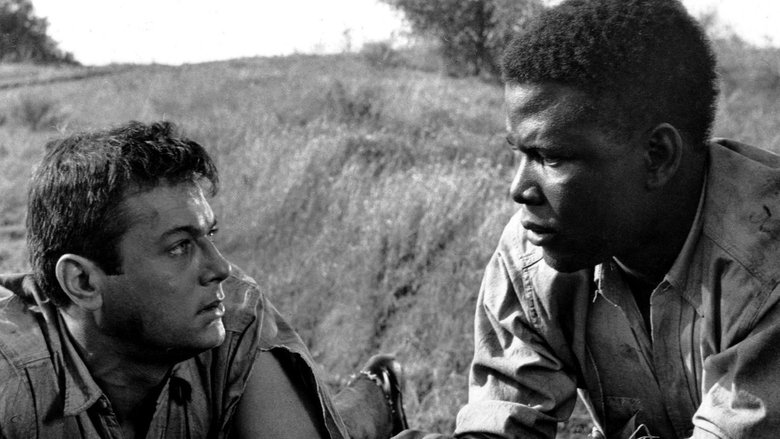
Two convicts—a white racist and an angry black man—escape while chained to each other.
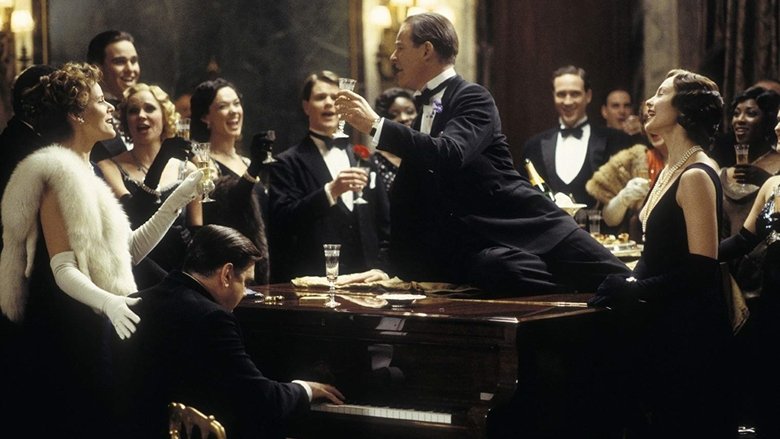
From Paris to Venice to Broadway to Hollywood, the lives of Cole Porter and his wife, Linda Lee Thomas were never less than glamorous and wildly unconventional. And though Cole's thirst for life strained their marriage, Linda never stopped being his muse, inspiring some of the greatest songs of the twentieth century.
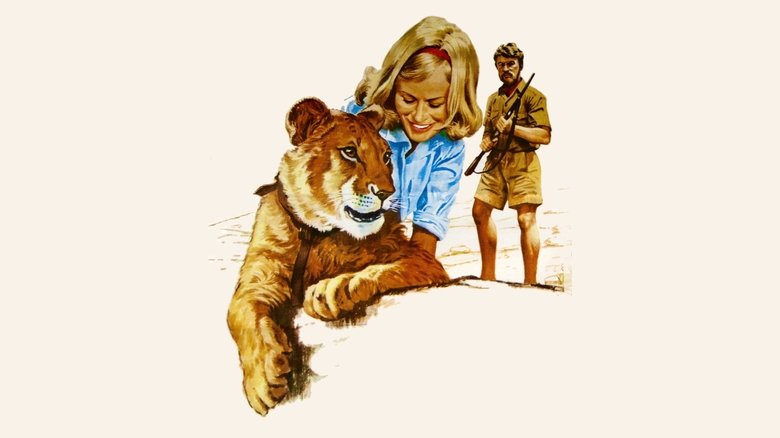
At a national park in Kenya, English game warden George Adamson and his wife, Joy, care for three orphaned lion cubs. After the two larger lions are shipped off to a zoo in the Netherlands, the smallest of the three, Elsa, stays with the couple. When Elsa is blamed for causing an elephant stampede in the nearby village, head warden John Kendall demands the young lion either be trained to survive in the wilds of the Serengeti or be sent to a zoo.
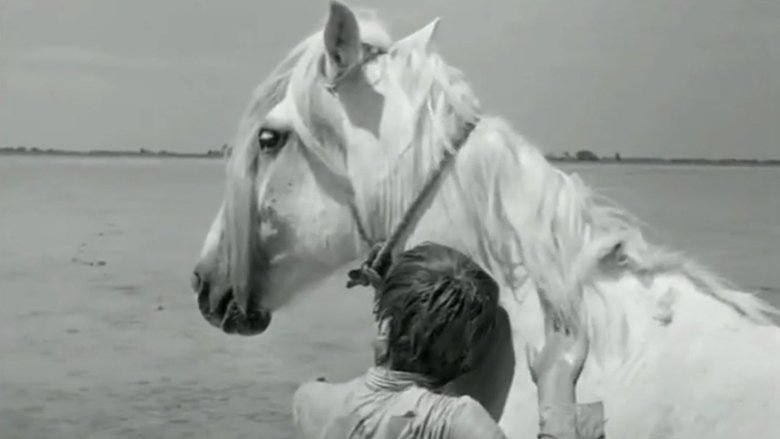
In the south of France, in a vast plain region called the Camargue, lives White Mane, a magnificent stallion and the leader of a herd of wild horses too proud to let themselves be broken by humans. Only Folco, a young fisherman, manages to tame him. A strong friendship grows between the boy and the horse, as the two go looking for the freedom that the world of men won’t allow them.

A popular high school athlete and an academically gifted girl get roles in the school musical and develop a friendship that threatens East High's social order.
The story of a middle aged woman caught in her destiny and circumstances who tries to find fulfilment in relationships outside her marriage.
The Empty King created a mythical figure and a whole world from grotesque, archetypal images. The drama was originally conceived as a student tirade against a teacher at Jarry's school, the Lyceum of Rennes. This teacher, Hébert, was the target of public ridicule. In 1888, at the age of 15, Jarry wrote a puppet play about the exploits of the Woolly Tartar and staged it to the amusement of his friends. The figure of Übü is a crude, cruel caricature of the foolish, selfish bourgeoisie as seen through the unrelenting gaze of a schoolboy; but this Rabelaisian figure, in all his falstaffian greed and cowardice, is more than a mere social satire. It is a terrifying picture of man's animal nature, his evil and cruelty. The Katona József Theatre in Budapest premiered Jarry's play in 1984, and it ran continuously for more than 10 years.

A young soprano becomes the obsession of a disfigured and murderous musical genius who lives beneath the Paris Opera House.

The Nazis, exasperated at the number of escapes from their prison camps by a relatively small number of Allied prisoners, relocate them to a high-security 'escape-proof' camp to sit out the remainder of the war. Undaunted, the prisoners plan one of the most ambitious escape attempts of World War II. Based on a true story.

Soviet Lithuania in 1972. A young theatre actress is trying to make a difference and tell the forbidden story of repression in a play.
A Russian guitarist was enlisted in 1984 in the Afghan war. Imprisoned, he will meet an Afghan musician and a French journalist.
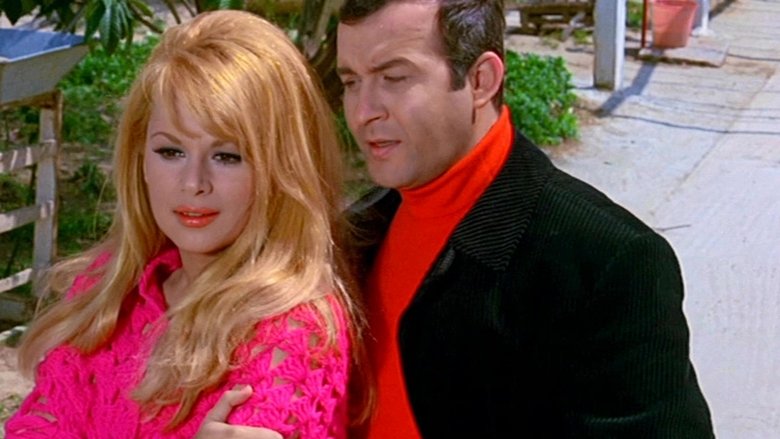
An usherette in a theatre, where a distinguished and popular actor performs, gets her big break when the leading actress has an accident. The director decides to take advantage of the heretofore unexploited talent of the girl and asks her to replace the leading actress. This unexpected opportunity transforms her from a humble usherette into a shining star. Later on, she wins the heart of the leading actor with whom she was secretly in love. However, her sudden rise to theatrical-musical stardom creates complications in their love affair, as her companion sinks into disappointment and drowns himself in drink, abandoning his career. Nevertheless, the usherette/leading actress doesn't give up; She looks for him, finds him and supports him, psychologically and morally, until he makes a comeback to the stage and their love nest.

A timeless Bengali classic, this drama explores the history of mankind - fights, riots, wars, death, destruction, exploitation, molestation. Through the story of 40-year-old Sitanath’s suicide, Sharad and Vasanthi force the audience to introspect and analyse their self-centred and monotonous lives.